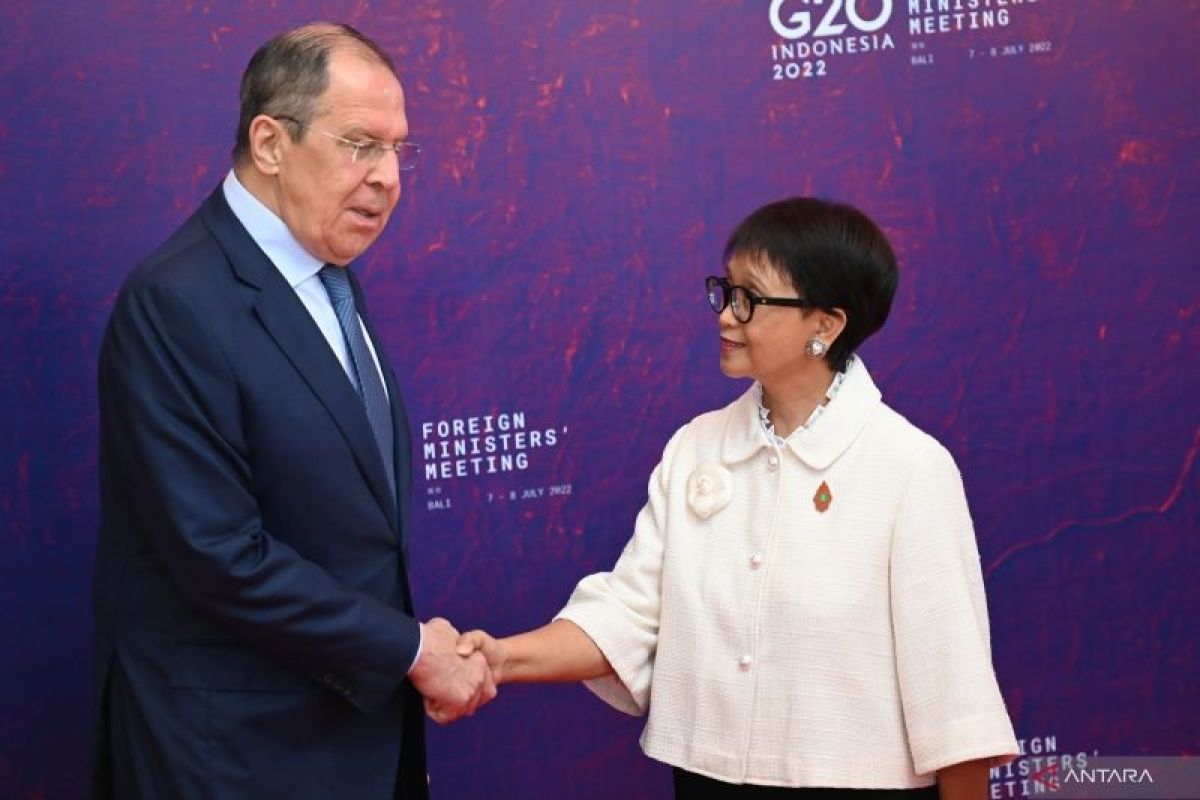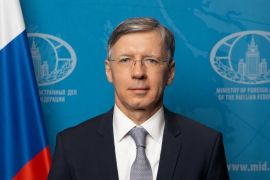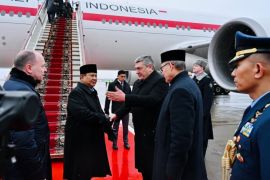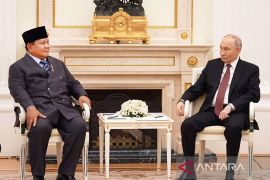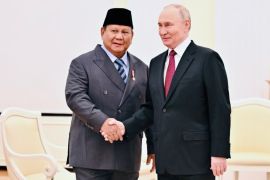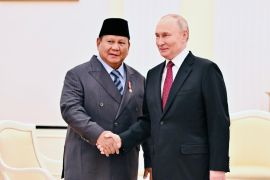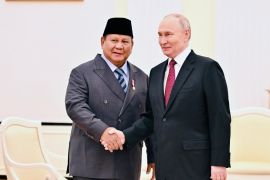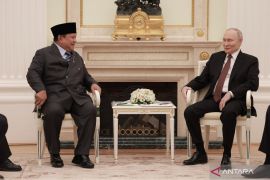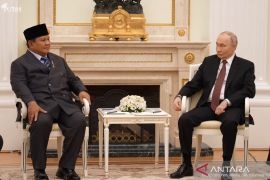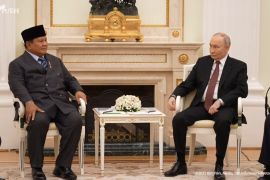There is an urgent need to solve the disruption of the global food supply chain; reintegrating (the supply of) foods and fertilizers from Ukraine and Russia into the global market is of great significance.Nusa Dua, Bali (ANTARA) - All G20 member states have expressed concern over the soaring prices of food and energy due to the Russia-Ukraine war.
The food and energy crises will have a big impact on developing countries, particularly low-income and small archipelagic states, Indonesian Foreign Minister Retno Marsudi said.
"There is an urgent need to solve the disruption of the global food supply chain; reintegrating (the supply of) foods and fertilizers from Ukraine and Russia into the global market is of great significance," she stressed at a press conference following the G20 Foreign Ministers’ Meeting here, on Friday.
Several G20 FMM participants expressed their support for the UN Secretary General's effort to provide a safe passage to food and energy supplies from Russia and Ukraine, including via ports.
"Several participants underlined that foods and fertilizers are exempt from sanctions. They expressed readiness to overcome practical difficulties in conducting food and fertilizer trade, including payments, insurance, logistics and so on," she said.
Related news: Indonesia, France agree to strengthen defense cooperation
The meeting also discussed the commitment to explore G20 cooperation to strengthen food and energy resilience, including through the UN system.
Russia's invasion of Ukraine since February 24, 2022, has affected global food resilience as the two countries are the main exporters of farm products.
According to the Food and Agriculture Organization (FAO), Russia and Ukraine respectively supplied 11 percent and 3 percent of the world's wheat needs in 2021.
Many African, Eastern European, and Central Asian countries are dependent on food imports from the two countries. Russia and Ukraine supply up to 80 percent of wheat needs in Kenya, Somalia, Ethiopia, Armenia, Mongolia, Azerbaijan, and several other countries.
Related news: Russia lauds Indonesia's role at international forums
The war also has led to Russia blockading Ukrainian ports in the Black Sea, leaving Ukraine unable to export farm products. Meanwhile, the sanctions imposed by Western countries on Russia have also affected the global food supply.
Russia has reduced or stopped the exports of much-needed commodities, including natural gas, to European countries in retaliation for the sanctions.
The FAO has predicted that the prices of food and animal feed will swell by 8–22 percent and the number of malnourished people will increase by 8–13 million if the war continues.
Related news: Blinken lauds Indonesia's push for concrete outcomes at G20 meetings
Related news: Health Ministry strengthens health-related aspects for Bali G20 Summit
Translator: Yashinta Difa P, Suharto
Editor: Fardah Assegaf
Copyright © ANTARA 2022
